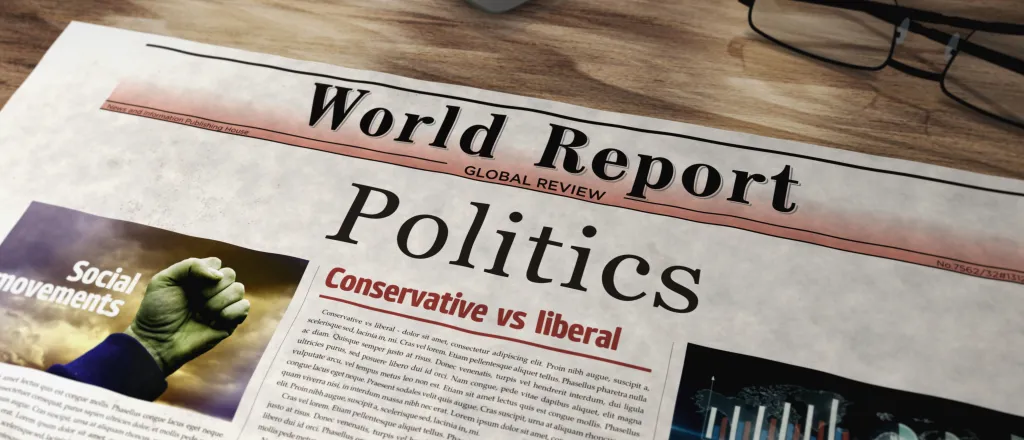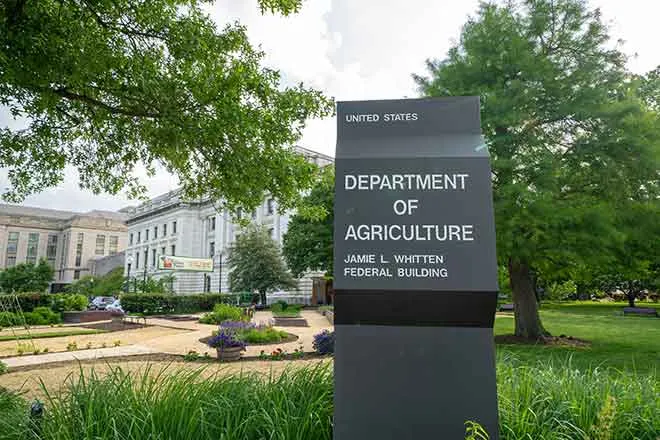
Politics: 2025Talks - July 8, 2025
© Arkadiusz Warguła - iStock-1890683226
Politics and views in the United States.
Deadly Texas floods draw a federal response as the administration reduces emergency and weather services. States prepare to deal with cuts to schools, health care and environmental protections, while Elon Musk launches a new political party.
TRANSCRIPT
Welcome to 2025 Talks, where we're following our democracy in historic times.
The President wants to ensure American citizens always have what they need during times of need.
Whether that assistance comes from states or the federal government, that's a policy discussion that will continue.
Press Secretary Caroline Levitt says the White House may back away from dismantling the Federal Emergency Management Agency and giving its role to the states.
The death toll from catastrophic flooding in Central Texas is now over 80, and officials there say they're overwhelmed without federal assistance.
Some also blame cuts to the weather service for delaying storm warnings.
President Donald Trump hammered FEMA after deadly storms in North Carolina and falsely claimed money from the agency was given to undocumented immigrants.
He also said he might withhold fire aid for California to force policy changes there.
But on Sunday, he approved disaster funding for Texas.
In a new trade stance, Trump says 12 countries will see higher tariffs August 1, unless they reach a deal with the U.S.
He's specifically threatening to impose 25 percent import taxes on South Korea and Japan.
Stocks tumbled following the announcements, and Texas Democratic Congressman Lloyd Doggett slammed Trump on MSNBC for the trade chaos.
"It is incredibly amazing that this president, who promised us 90 deals in 90 days after starting a trade war, cannot admit his failure."
The Supreme Court says it will consider lifting restrictions on how much money political parties can spend in coordination with a candidate for federal office.
As watchdogs prepare to argue the case, Hillary Brasseth, with open secrets, warns it could lead to even more money being spent on elections.
If this court case does rule in favor of removing caps, I do think that it's highly likely that we will continue to see the cost of elections increasing, bearing in mind that over the last several years, that overall price tag has continued to be on the rise.
Ohio lawmakers are considering an elections bill that would enact sweeping changes to voting and ballot measures.
Senate Bill 153 outlines a process for challenging a voter's use of government ID to prove their citizenship, and supporters say it's needed for election security.
Mia Lewis of Common Cause Ohio says it would stop legitimate votes and make it much tougher to get ballot initiatives before voters.
It makes the entire process of a citizen-initiated ballot measure so much harder unnecessarily.
It allows more signatures to be thrown out for clerical errors.
Multiple states have enacted rules requiring voters in federal elections to prove they are citizens, even though non-citizen voting is already illegal and all but never happens.
Opponents also warn adding election red tape will cause confusion and disenfranchisement.
A new Gallup poll finds fewer than 6 in 10 U.S. adults say they're proud to be American, a record low.
Independents and Democrats experience sizable declines in national pride.
In a step that's sparking outrage and disbelief in parts of the internet, the Justice Department says sex offender Jeffrey Epstein died by suicide and did not keep a so-called client list.
I'm Zimone Perez for Pacifica Network and Public News Service.
Find our trust indicators at publicnewsservice.org.

















